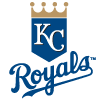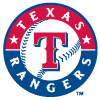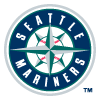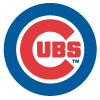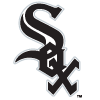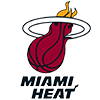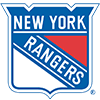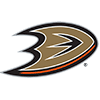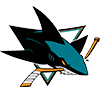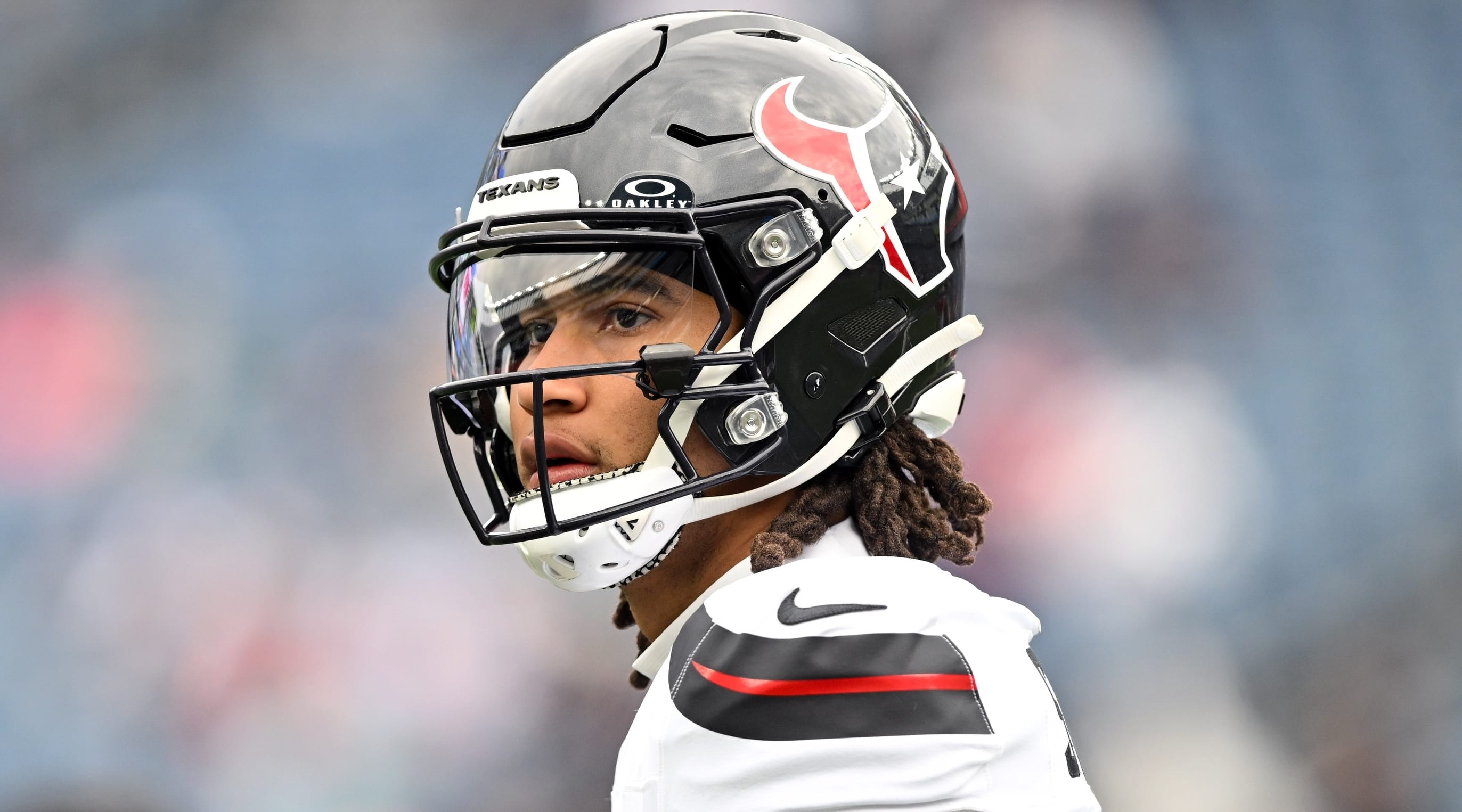2024 King's Classic Recap
For the seventh straight year, the King's Classic drafts lived up to the great expectations. The participants were outstanding drafters. They also were incredibly fun to hang out with.
All that said, my goal in this article is to tell you what I learned while drafting (and auctioning). Even though these are 14-team leagues with three flex spots and not many play in that style of league, many lessons apply to everyone.
Snake Draft Recap
I had the No. 5 pick in the snake draft. As has been my strategy all offseason, if I can draft either Christian McCaffrey, Breece Hall or Bijan Robinson in the first round, I prefer to use the 'Hero RB' approach. In this approach, I select a stud runner and then wait as late as possible to cobble together the rest of the running back room. If that star running back is lost to a long-term injury, this plan can backfire. In a 12-team league, I am happy to grab my RB2 as early as the sixth round. In a 14-team league, the player pool dries up quickly, so the long wait results in a rough group of RBs.
McCaffrey went first. I was surprised to see Bijan Robinson go second. At that point, I was ready to miss out on one of those hero backs. However, after Justin Jefferson and Ja'Marr Chase were selected, I drafted Hall and my plan was set in motion.
This draft went heavier on
2024 King's Classic Recap
For the seventh straight year, the King's Classic drafts lived up to the great expectations. The participants were outstanding drafters. They also were incredibly fun to hang out with.
All that said, my goal in this article is to tell you what I learned while drafting (and auctioning). Even though these are 14-team leagues with three flex spots and not many play in that style of league, many lessons apply to everyone.
Snake Draft Recap
I had the No. 5 pick in the snake draft. As has been my strategy all offseason, if I can draft either Christian McCaffrey, Breece Hall or Bijan Robinson in the first round, I prefer to use the 'Hero RB' approach. In this approach, I select a stud runner and then wait as late as possible to cobble together the rest of the running back room. If that star running back is lost to a long-term injury, this plan can backfire. In a 12-team league, I am happy to grab my RB2 as early as the sixth round. In a 14-team league, the player pool dries up quickly, so the long wait results in a rough group of RBs.
McCaffrey went first. I was surprised to see Bijan Robinson go second. At that point, I was ready to miss out on one of those hero backs. However, after Justin Jefferson and Ja'Marr Chase were selected, I drafted Hall and my plan was set in motion.
This draft went heavier on running backs than has been common this draft season. Despite the long wait between picks in this 14-team league, I grabbed four straight wide receivers. The group of Jaylen Waddle, Nico Collins, Chris Godwin and Christian Kirk gave me a great blend of PPR floor with upside.
After collecting those four receivers, many fantasy managers attacked the wide receiver position, so I was not going to be drafting many more of them. Jerry Jeudy became the only other receiver on my roster.
In the fifth and sixth rounds, I took the seventh quarterback off the board (Kyler Murray) and the ninth tight end off the board (Jake Ferguson). I felt they gave me a well-rounded roster.
Of course, I had to deal with the scraps that were left at running back. In a 14-team league, I believe you have to acknowledge that every team will have a hole. I made RB2 the hole of my team. I only drafted four additional runners: Ezekiel Elliott, Tony Pollard, Ray Davis and Will Shipley.
Ezekiel Elliott should be the goal-line and passing-down back in Dallas. Tony Pollard will try to take the lead role in Tennessee by distancing himself from Tyjae Spears. Ray Davis could see double-digit touches and some goal-line work in Buffalo. Will Shipley could move into a prominent role if Saquon Barkley misses time. Yes, there are a lot of questions. That said, if one of them is answered well, I may be all right.
Since we can flex three players, and the late rounds had no viable running backs or wide receivers, I took a few tight end fliers in Hunter Henry, Mike Gesicki and Jelani Woods. Finally, since Kyler Murray isn't the most durable signal-caller on the planet, I backed him up very late with Justin Herbert.
Overall, I am pleased with the roster. I feel it has big upside potential. I will need to pay close attention and probably overbid on the waiver wire if any running backs come out of nowhere.
Auction Draft Recap
The auction draft was the oddest auction I have ever been a part of.
Going in, I planned to spend very little on quarterback and tight end while loading up on running backs and wide receivers. I legitimately changed my auction plan multiple times as the draft progressed.
The first pivot was wild. It happened when one of the participants acquired four tight ends early and cornered the market on the position. His rationale was that he could use them as flex options. As a result, I realized the other 13 teams would be in various stages of panic to get a tight end. I said as soon as the next top one was nominated, I would pay the price before that desperation kicked in. You could say I overpaid by spending $21 on Mark Andrews, but each of the top 14 tight ends went for at least $10. Usually, many of those would go for less than $7. Needing flex options in the endgame with little money left, I spent $3 for the duo of Mike Gesicki and Jelani Woods. My maximum budget on tight end was $14. My roster would later pay the price for that.
Another pivot occurred when the top 10 quarterbacks went for $10-$20. Normally, the top options go for well more than $20 while the bottom tiers go for about $7. My budget for quarterback was $12. With the way the market valued them, I felt it was wise to pay up to $16 to get Lamar Jackson. Since backup quarterbacks flew off the board, I added Deshaun Watson for $1. Again, and despite the logic, the luxury spending at tight end and quarterback may have given me value at the position, but I would lose valuable dollars to spend at running back, wide receiver and the three flex spots.
I'm going to need my backs to stay healthy. Just like in my snake draft, I like the Hero RB approach. I felt that getting Saquon Barkley for $46 was reasonable. I was also happy to get his likely backup, Will Shipley, for $1. Otherwise, I had only enough money to hope Aaron Jones can hold up and be productive while paying $17. I had to take a major risk on a $7 Nick Chubb. The main hope is that he's ready for the second half of the season.
My wide receiver room is top-heavy. A.J. Brown and DJ Moore cost a total of $66. However, I was nearly bankrupt. I rounded out the WR group with Joshua Palmer ($7), Jerry Jeudy ($4), Wan'Dale Robinson ($7) and DJ Chark ($1).
After all of the changing of my plan throughout the auction, I felt I built the best roster despite going over budget at quarterback and tight end.
The Final Word
It was much easier to stick to my plan in the snake draft. As a result, I was pleased with the roster I built. In the auction league, I am going to need my player projections to hit well because the team lacks quality depth.
I will be working the waiver wire in each league. In both leagues, I will aggressively target my FAAB dollars towards any RBs that have a chance to come out of nowhere. In the auction league, I also need to target another wide receiver.










